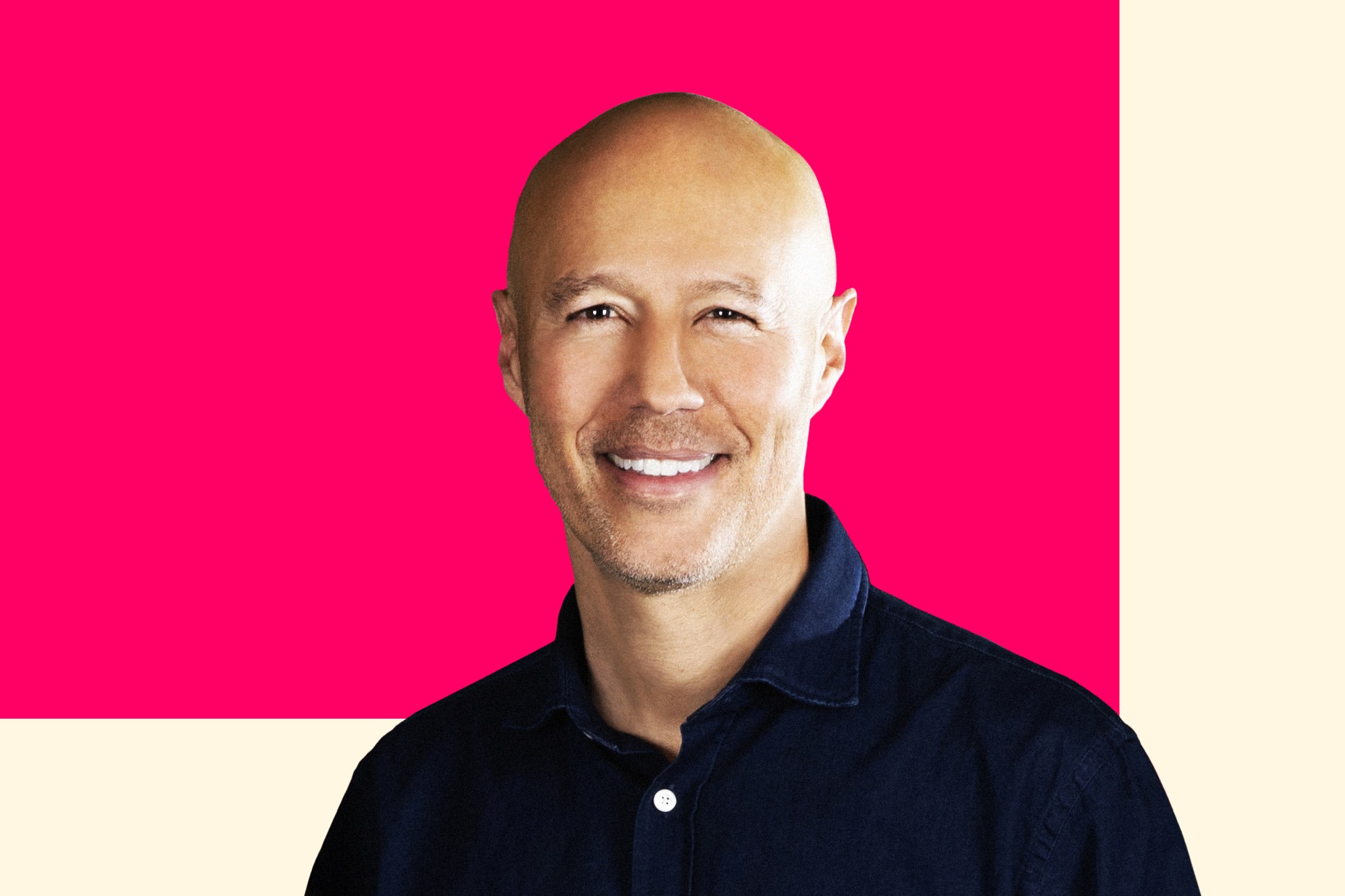
In its effort to reverse its long running lack of profit, Lyft has hired a new chief executive from an odd place: a non-profit organization.
David Risher, who will replace cofounder Logan Green as CEO of the ridesharing company on April 17, has spent the past 14 years overseeing Worldreader, a non-profit group that makes digital books more accessible to children around the world.
If this background—laudable as it is—has a tint of irony given that Lyft has never managed to earn a quarterly profit in its history as a public company, Risher doesn't see it. In an interview with Fortune, the new Lyft CEO made the case that a leader with the scrappy skills acquired in the non-profit world is precisely what the company needs.
“Nonprofits have to grapple with, hopefully solve, some of the world’s biggest problems, but with the smallest resources. It’s a fraction of a fraction of what other sectors are,” Risher said. “So I got really good at doing more with less and I think that’s a really important skill at a company like this, which, again, is a low margin business, so we got to be really efficient.”
Turning a profit at a rideshare company isn’t one of the world’s biggest problems, but it is a massive one for a business losing market share to larger rival Uber and struggling with a shortage of drivers, among other problems. In a recent note to investors, Wedbush analyst Dan Ives described Lyft as a "train wreck," writing that Risher will have his work cut out as he seeks to rebuild Lyft's credibility with Wall Street investors.
To be sure, Risher, 57, is not a novice to the cutthroat world of tech business and ride-sharing. He's been a director on Lyft's board since July 2021, and prior to founding Worldreader, he had been Amazon's first head of product and an executive at Microsoft. And while Worldreader's non-profit status means it doesn't share any profit with private parties, it doesn't mean the organization is a financial basket case. Risher pushed net income from the negatives to nearing half a million from 2010 to 2020. Meanwhile, contributions, its main source of revenue, fluctuated after reaching a high of $10.5 million in 2015.
Getting Lyft into the black will entail taking a close look at the company's cost structure and making sure that the volume of rides on its network is healthy, Risher said.
“That’s the game plan. It's to understand what the per ride contribution is and then make sure we’re driving enough volume to cover our costs and then look at costs and make sure they’re appropriate for the size of the business,” Risher said.
One key factor in the volume of rides Lyft enables is the supply of drivers on its platform. Lyft has struggled with a shortage of drivers, and the company's efforts to boost the number of drivers had been moving as slowly as the Titanic, CEO Logan Green said in May. Lyft said in October that driver supply was strong, pointing to its fastest quarter-over-quarter growth in total active drivers in a year. But keeping drivers happy could be demanding since previous investment in incentives weighed on Lyft’s earnings. And drivers often haven’t been satisfied with their cut of rider’s payments. A February report by the UCLA Labor Center found that both Uber and Lyft took a larger share of drivers’ profits as fares increased in recent years.
Even then, drivers’ money hasn’t been enough for Lyft. To lower operating expenses, the company laid off 13% of its staff, about 700 employees, in November. The move came just a few months after Lyft implemented a hiring freeze, laid off dozens of employees, and dropped its in-house car rental service.
Lyft faces these challenges while competing with Uber, which dominates 71% of the rideshare market to Lyft’s 29%. While Uber operates globally, Lyft is only in North America and doesn’t plan to branch into the food delivery space as Uber has done to diversify its revenue.
To Risher, however, Lyft is in a good place when it comes to its competition with Uber. “I think the world wants and sort of needs a strong number two,” Risher said.
Talking to Fortune on Tuesday after an all hands meeting at Lyft and a lunch with cofounder John Zimmer, Risher seemed optimistic about translating his non profit skills over to Lyft.
“At the highest level, businesses are all kind of the same,” Risher said. “What I mean by that is you’ve got to make more than you spend. And you have to have a model that allows you to, the better you do, the more you make. I mean it’s kind of that simple.”







